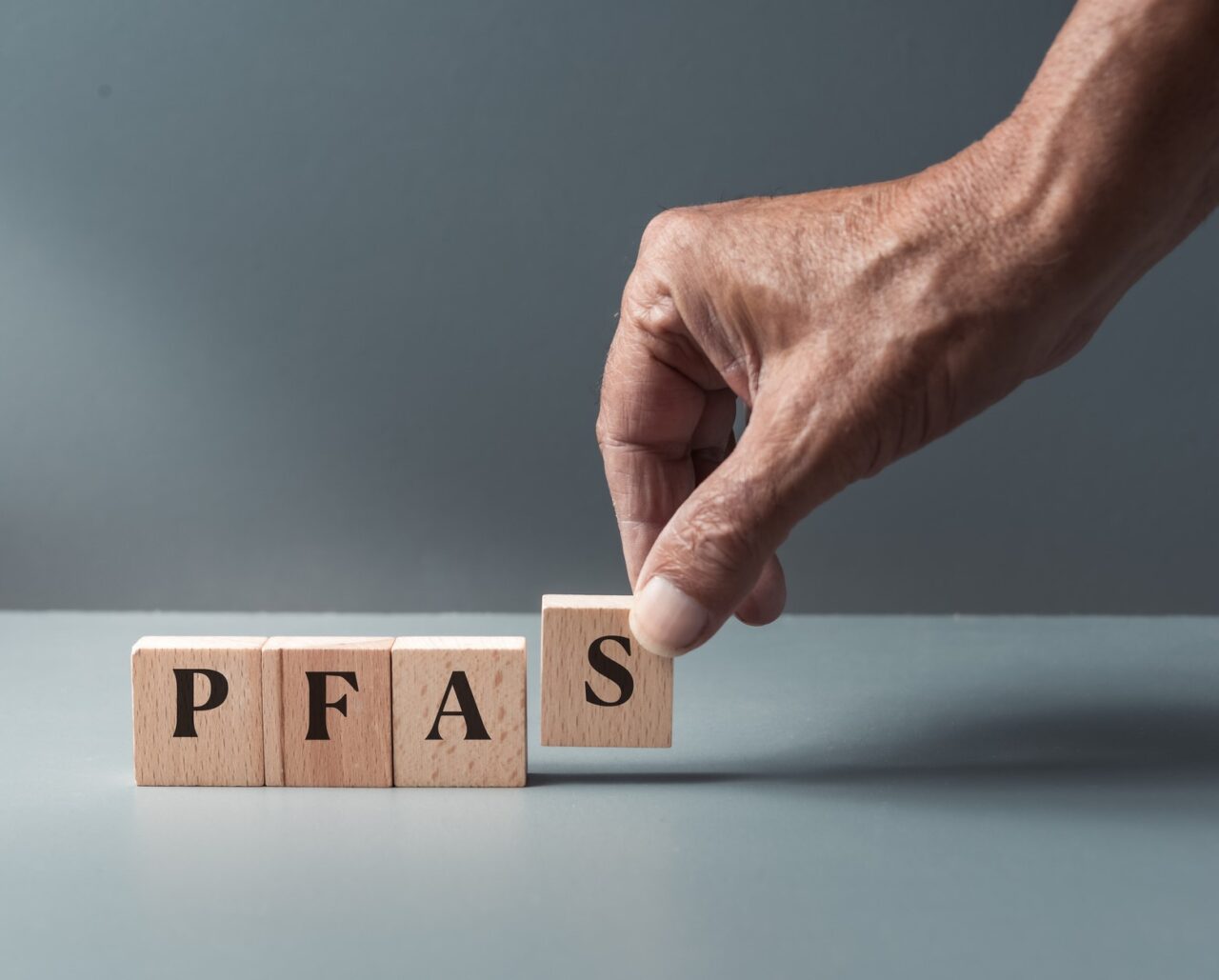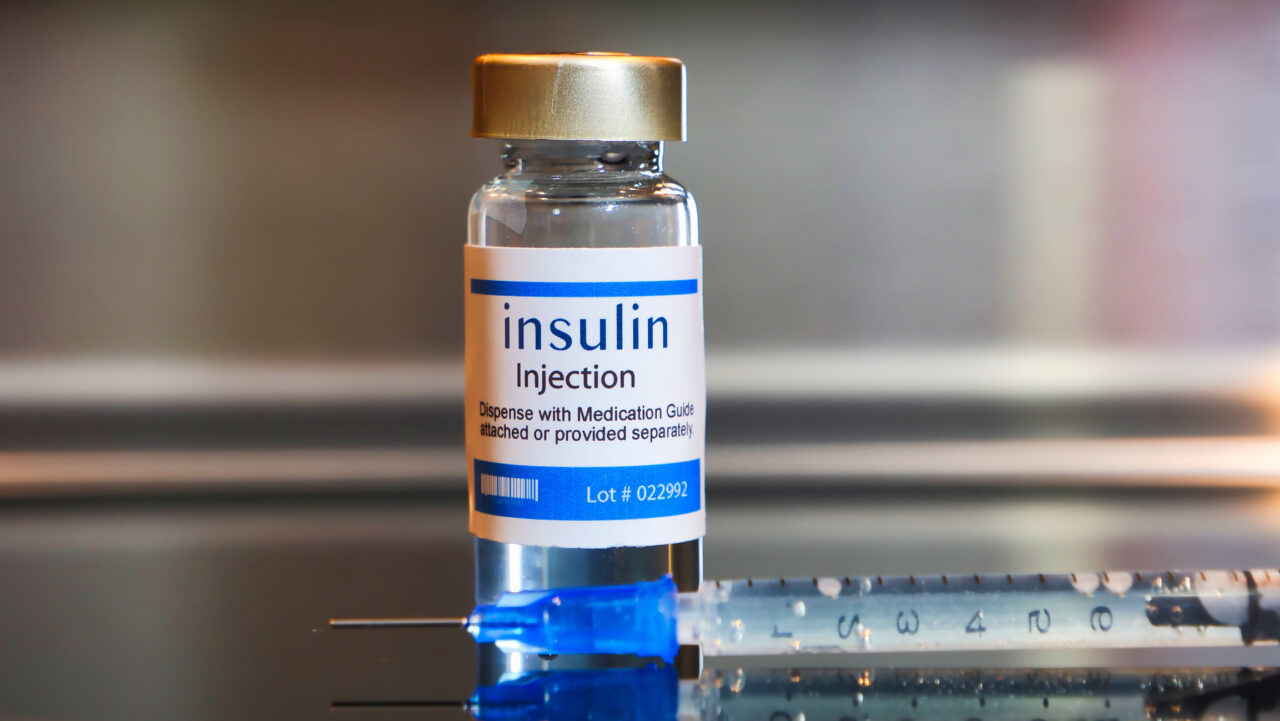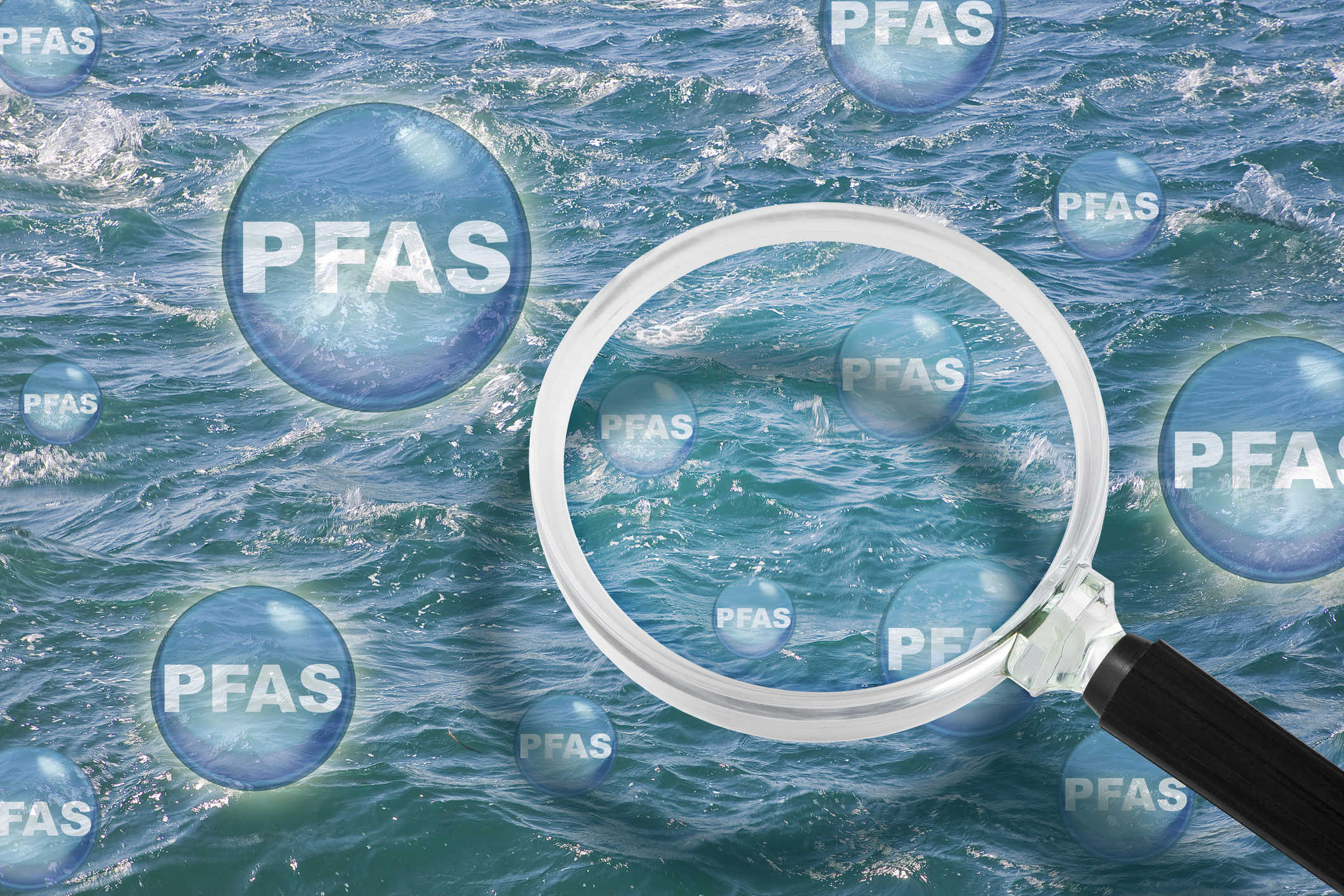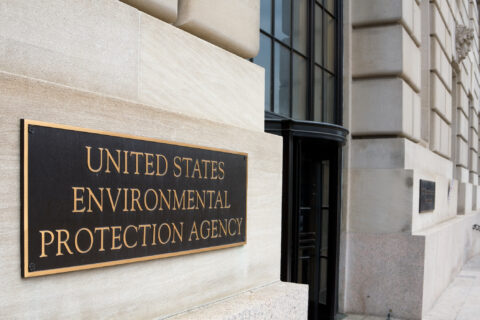NLC does not provide nor intend to provide any legal advice to cities, towns and villages. This article and information is meant for educational purposes only. Local leaders should consult with their general counsel when implementing local policies or engaging in litigation.
Over the past decade, affirmative litigation by local governments has emerged on various fronts, including climate change and opioids, highlighting profound societal concerns and demanding accountability from larger actors. More recently, local governments have been involved in two additional areas of litigation.
The first involves per- and polyfluoroalkyl substances (commonly known as PFAS), a group of persistent and harmful chemicals that contaminate water, soil and air in communities across the nation. PFAS chemicals can be found in many products and substances in everyday life. The second wave of litigation concerns the issue of the skyrocketing prices of insulin, a vital medication for diabetes management.
Both sets of litigations have municipalities directly involved and navigating complex legal, regulatory and scientific terrains and seeking restitution for the damages that local governments have suffered in these areas.
NLC is following the status of the PFAS and insulin litigation areas. This blog intends to provide an update on the legal landscape. This information may evolve quickly, so local officials should consult with their city attorney to determine the best course of action for their municipality in either of these areas.
PFAS Litigation
The landscape of PFAS litigation has seen significant progress since NLC’s last update. These lawsuits have typically targeted manufacturers of PFAS for their role in the pollution of drinking water supplies, which has raised public health concerns and greatly impacted many communities of all sizes across the nation. Generally, the plaintiffs (including cities and public water systems) have alleged that PFAS manufacturers have knowingly understated or obscured the dangerous qualities of PFAS, placing them in widespread use, which then contaminated water supplies with harmful chemicals.
This is a highly active area of litigation, with numerous cases having been consolidated under multi-district litigation (MDL) to streamline the process. An MDL is a legal procedure within the federal court system that consolidates multiple civil cases with common factual issues. This consolidation of cases helps in coordinating pretrial activities and may lead to global settlements or coordinated trials. Numerous states and local governments have filed their own lawsuits, reflecting the widespread impact of PFAS drinking water contamination. These actions emphasize the significant financial burden placed on public water systems and the urgent need for comprehensive remediation efforts.

Who is eligible to benefit from the recent settlement activity?
An important milestone was reached with the approval of a $10.3 billion settlement offer from 3M to address claims from thousands of public water systems affected by PFAS contamination. This settlement is intended to cover the costs associated with testing, remediation and treatment technologies needed to manage PFAS in drinking water and is available to all local governments who qualify under the parameters of the settlement class.
The settlement class consists of active public water systems that serve over 3,300 people and have detected PFAS in their water sources. However, the class is divided into two phases. Local governments should take care to identify which phase they are in so they can properly identify the next steps and deadlines for their involvement.
- Phase One: Public water systems that detected PFAS by June 22, 2023. Some exclusions apply; local officials should confirm their eligibility with their city attorney.
- Phase Two: Public water systems that will detect PFAS as they comply with the U.S. Environment Protection Agency’s Unregulated Contaminant Monitoring Rule 4, which requires these systems to monitor for PFAS chemicals until 2025. Some exclusions apply; local officials should confirm their eligibility with their city attorney.
Importantly, Phase One water systems must file claims within 60 days of the court order’s effective date. In other words, local governments must file a claims form to be eligible to receive a payment under the finalized settlement agreement by July 5, 2024. FAQs about the settlement can be found at pfaswatersettlement.com.
Future Impact
This settlement is a crucial step in providing financial relief and support to affected public water systems and communities, enabling them to address PFAS contamination effectively. However, the litigation landscape remains dynamic, with ongoing cases and potential future claims as more water systems detect PFAS in their supplies. The outcomes of these legal actions are likely to influence industry practices related to environmental safety and public health.
Local governments have been an active party in addressing these claims against the responsible parties for producing and spreading PFAS in their communities. By engaging in this litigation, local governments have aimed to safeguard public health and protect the well-being of their residents. The financial settlements are expected to contribute to remediation efforts and help mitigate the long-term impacts of PFAS contamination but will likely not cover the long-term and great expenses of removing PFAS from communities.
Insulin Price Litigation

More recently, insulin pricing litigation has also been recently developing, with cities filing lawsuits against insulin manufacturers and pharmacy benefit managers (PBMs). These lawsuits allege that these defendants have engaged in price gouging and other unfair practices leading to exorbitant insulin prices, impacting cities as employers and patients. As with the PFAS litigation, many of the cases have been consolidated into an MDL to streamline the process and handle the large number of similar lawsuits more efficiently.
The litigation landscape is also being influenced by recent legislative actions at both the state and federal levels that are aimed at capping insulin prices and increasing pricing transparency. However, local governments may prefer not to wait for these regulatory changes or new laws to take effect, as the legislative process can be slow and uncertain. Consequently, local governments have been proactively filing lawsuits to seek immediate relief and address the financial burdens caused by inflated insulin prices.
Who is eligible to bring forth claims for the MDL?
There are multiple fronts of litigation moving forward against insulin manufacturers and other related parties on the issue of the high price of insulin. A specific aspect of the MDL and the track that local governments will want to consider is the self-funded payer track, which involves individual actions on behalf of self-funded payers or groups of self-funded payers. These insulin payers are typically employers or unions that provide health benefits to their employees or members using their own funds rather than purchasing insurance from an external provider. This track allows self-funded payers to seek compensation for the increased costs they have incurred due to the alleged price inflation schemes by insulin manufacturers and PBMs. Unlike in the PFAS landscape, this litigation is not currently a class action activity, meaning that to be involved in the insulin pricing area, local governments will need to file an individual complaint.
Therefore, cities, towns and villages that have incurred higher healthcare costs due to inflated insulin prices and also have a self-funded insurance or health benefit plan for their employees are eligible plaintiffs in this track.
Local governments taking action:
- City of Miami, FL: Filed a lawsuit against insulin manufacturers and PBMs, alleging they conspired together to inflate prices and limit the competition, thus violating the State of Florida’s consumer protection laws.
- City of Baltimore, MD: Also took legal action, accusing these companies of engaging in unfair and deceptive practices that resulted in skyrocketing insulin prices, burdening the city’s public health system.
- City of Cleveland, OH: Joined the litigation, asserting that the inflated insulin prices have placed a significant financial strain on its healthcare resources and alleging violations of Ohio’s consumer protection statutes.
If these legal cases are important to your community, local leaders should consult their city attorney to determine whether these legal cases are relevant to their community and whether engagement is advisable. NLC will continue to monitor these cases and others as part of our legal advocacy portfolio.
Stay Connected
Sign up for the Federal Advocacy newsletter to get the latest updates on NLC’s federal advocacy efforts.













